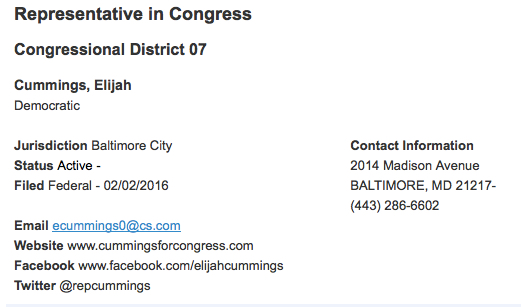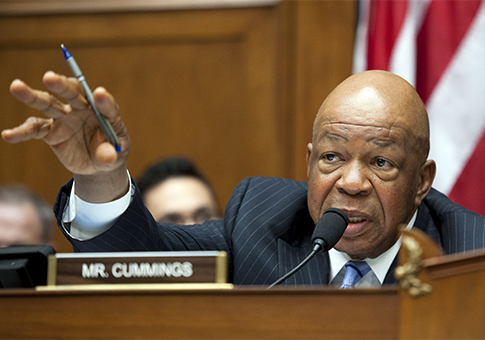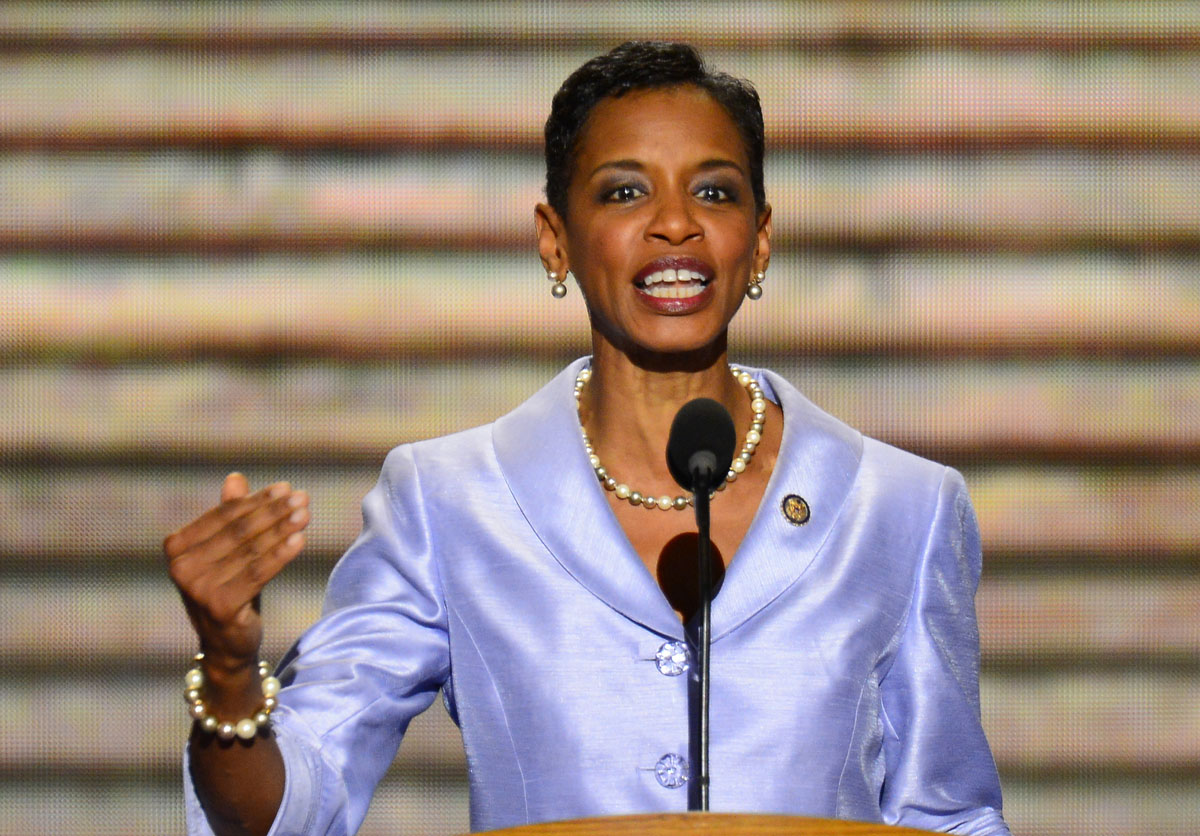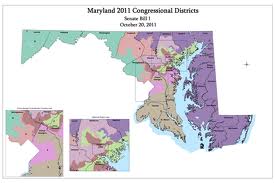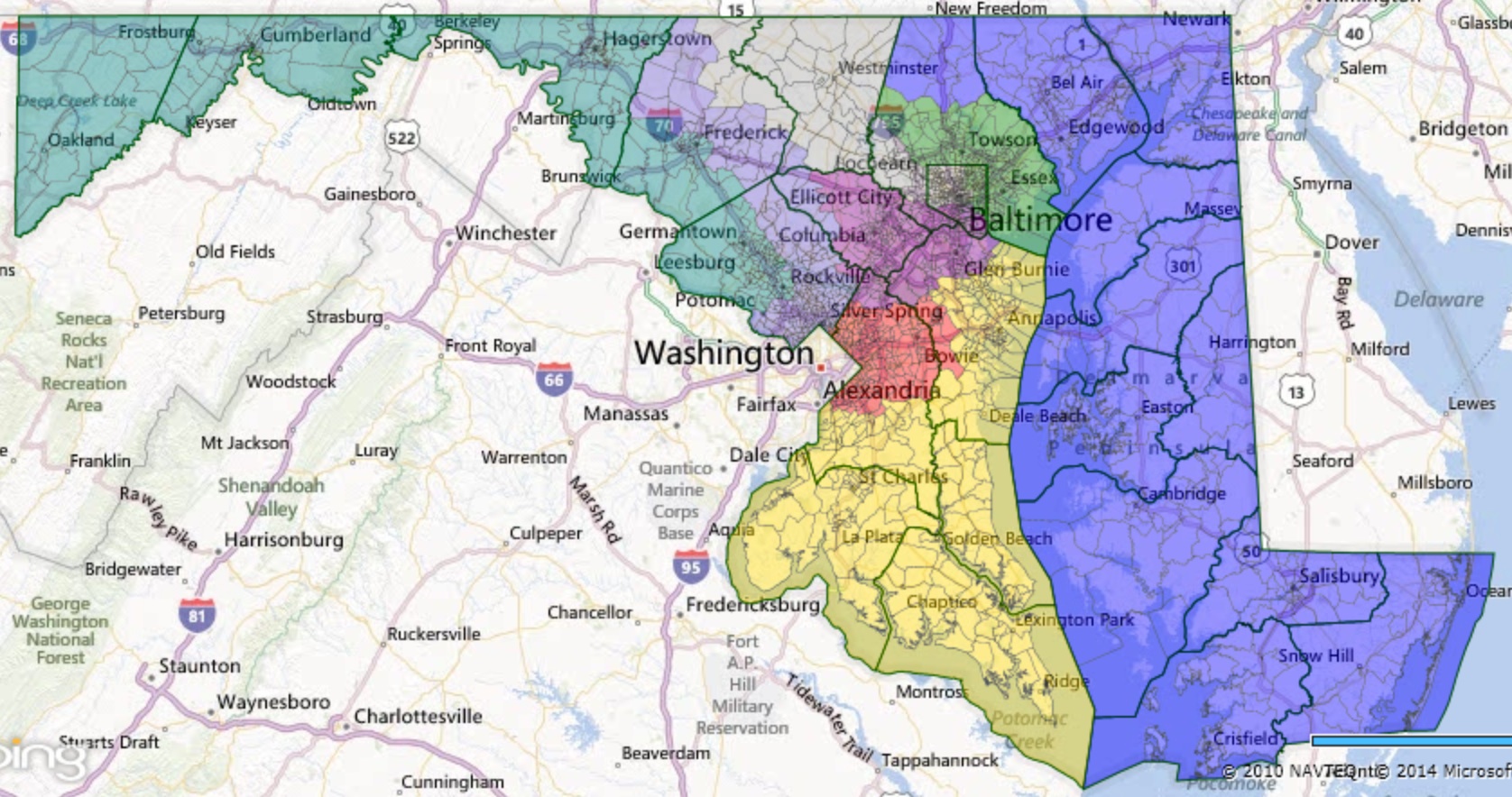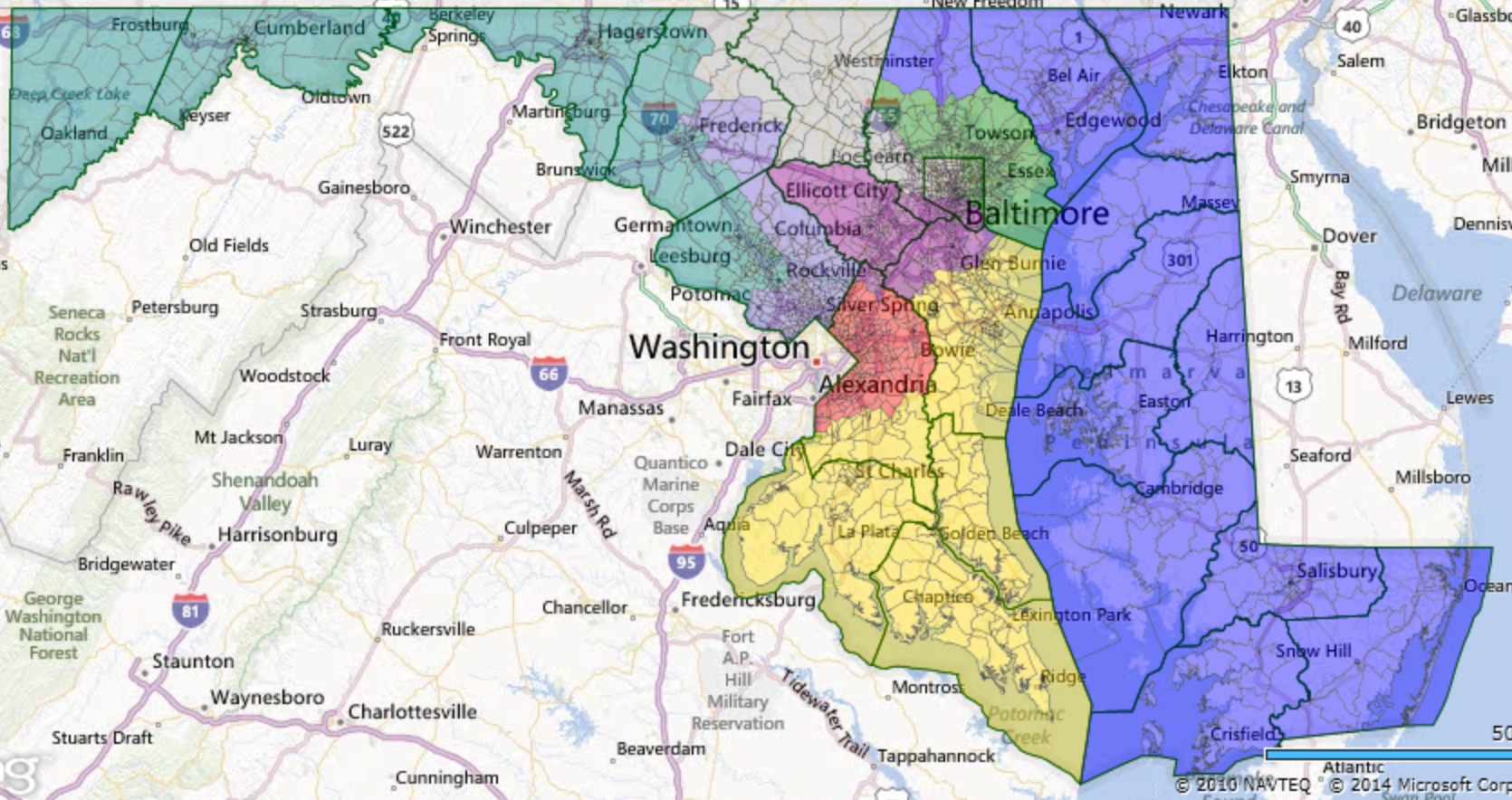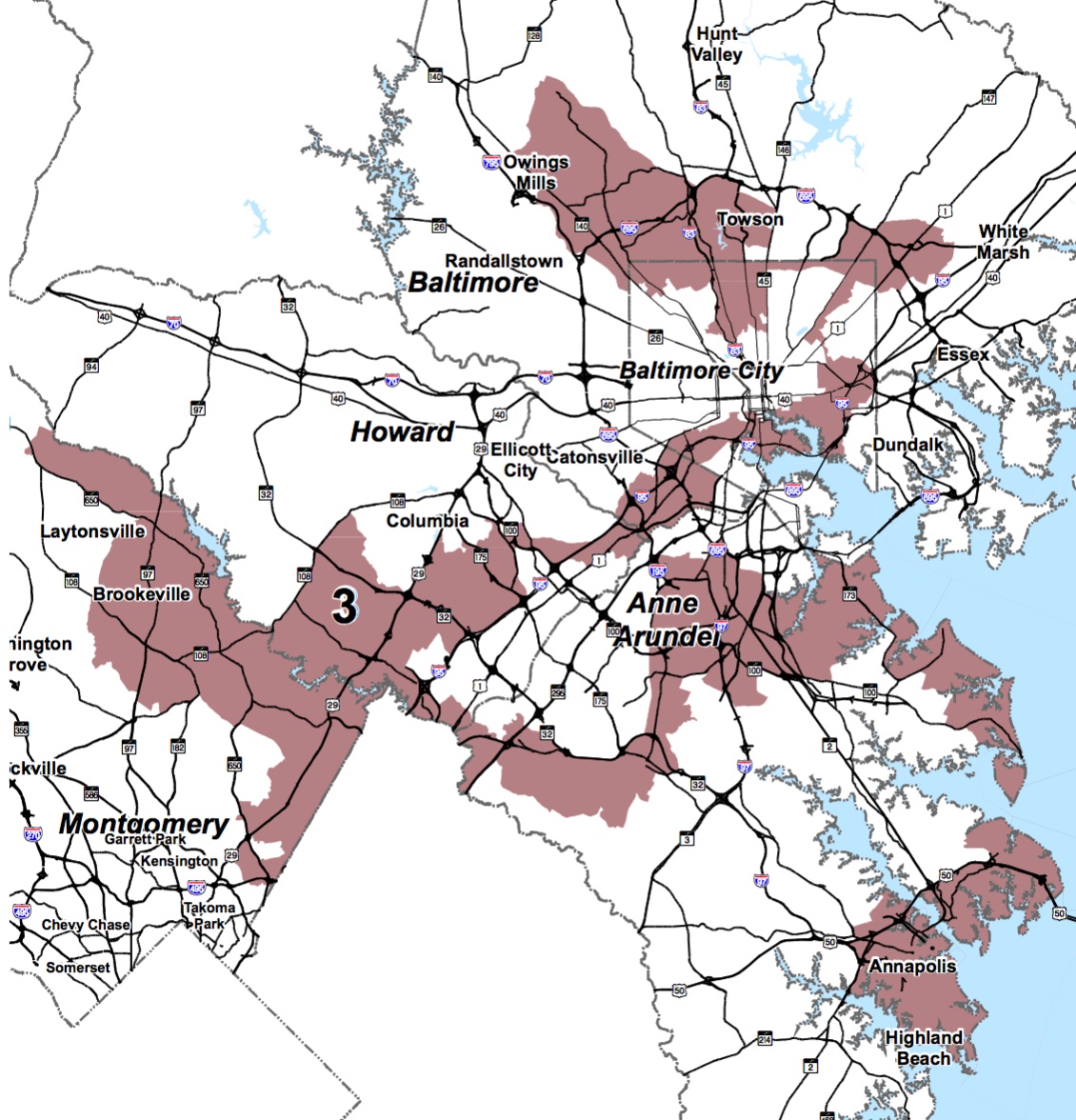Ben Jealous had invited speculation that he’d run for mayor of Baltimore but pulled out as the race picked up. In the wake of Rep. Elijah Cummings’s sad passing, history has repeated itself at a faster pace around the open seat:
Jealous said in a text that his attention is “on running the kids to baseball and rowing practices, keeping door open to run for governor.”
Weird how the kids don’t need to attend practice in gubernatorial election years. Of course, it’s no stranger than the Democrat who got blown away with just 43.5% in a stellar Democratic year thinking that he should run again. That’s a lower share than received by any Democratic nominee in the last 50 years.
Regardless, Jealous would have been an odd successor to Cummings. While Jealous is a Juul consultant , Cummings broke ground in the fight against big tobacco:
In the Maryland House of Delegates, where Mr. Cummings served from 1983 to 1996, he championed a ban on alcohol and tobacco ads on inner-city billboards in Baltimore — the first prohibition of its kind in a major U.S. city.
The 1980s were the glory days when you could still smoke on airplanes and Joe Camel marketed smoking as cool to kids. Ben Jealous’s client, Juul, has been accused of similarly targeting teenagers.
The sales campaigns for Juuls — now hugely popular with teenagers across the nation — are at the heart of a federal investigation into whether the company intentionally marketed its devices to youth. The attorney general of Massachusetts, also investigating the company, contends that Juul has been luring teenagers to try the product and has introduced many to nicotine.
“From our perspective, this is not about getting adults to stop smoking,” the Massachusetts attorney general, Maura Healey, said in an interview. “This is about getting kids to start vaping, and make money and have them as customers for life.”
Elijah Cummings took the battle for kids against big tobacco to Annapolis. “Progressive” Ben Jealous just took the money.

